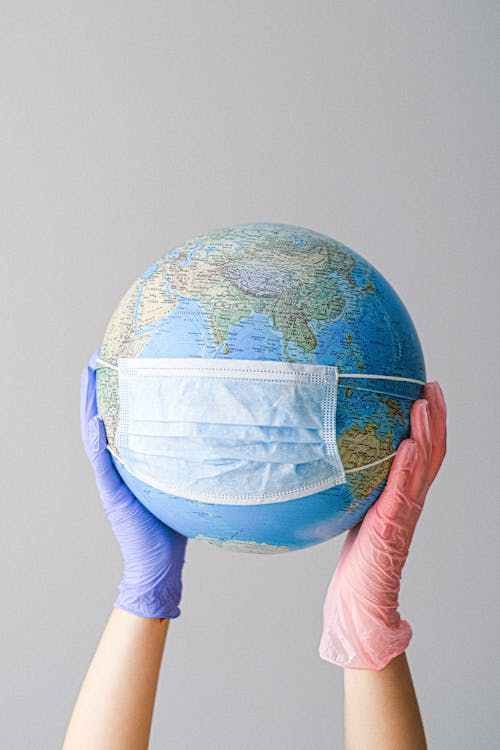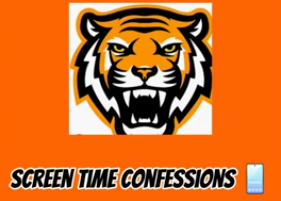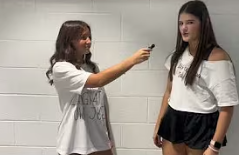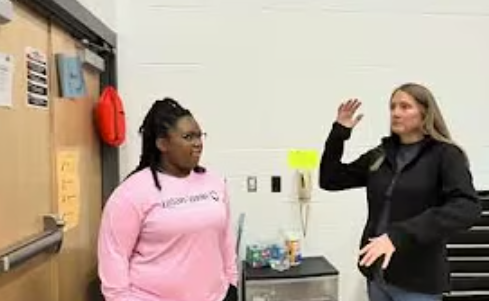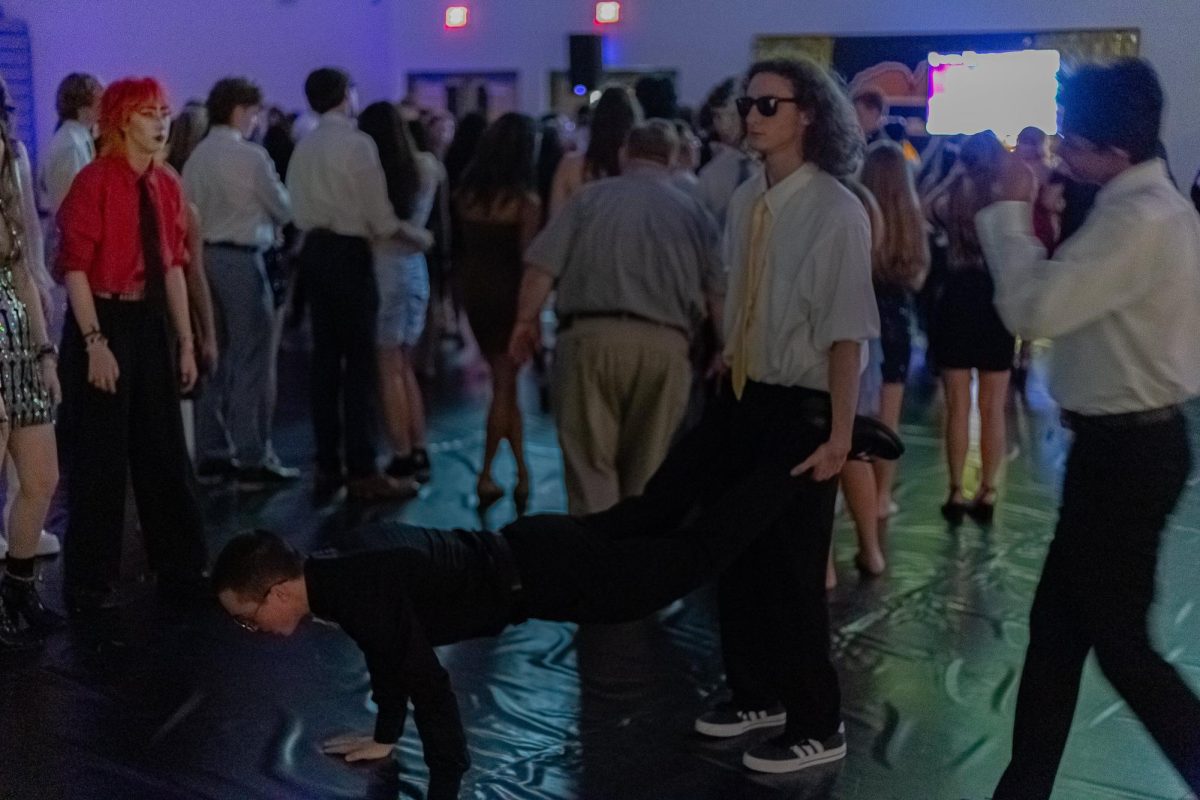Happy fourth birthday to “Animal Crossing,” whipped coffee, watching “Tiger King” on Netflix, an alleged two weeks off of school, and that one popular song by Benee, “Superlonely” on TikTok. Don’t forget about the dance of the Renegade made popular by Charlie D’Ameilio. We have passed the four-year mark since COVID-19 first hit the U.S. in 2020, which strangely leaves many people with feelings of nostalgia. COVID-19 hit the U.S. in March 2020 and vastly changed our lives. In a way, people feel like we ignore and gaslight ourselves that the pandemic never happened as a way to cope with what we have gone through as a society. But some people have been feeling nostalgic for “the good old days” of Covid.
Missing quarantine is probably something that most of us are dealing with. Recently on social media, I’ve noticed an influx of people talking about March 2020 and how they miss whipped coffee and playing “Animal Crossing.” The anniversary effect is a collection of disturbing feelings, thoughts, or memories. There has been a recent influx of PTSD due to COVID-19. Even though all of us are about to start feeling the anniversary effect, why do we miss lockdown?
People miss certain music that was on TikTok and other social media platforms during this time frame, having hobbies, and going for hot girl walks. I remember my last day of school was Friday, March 13, 2020, and thinking that it would only last for two weeks, but we were all so wrong.
It’s important to talk about how nostalgia for lockdown is very normal. A lot of people are going through it. However, I have yet to hear first-hand from someone that they were struggling with the nostalgia of that time, and not just any type of nostalgia, but the harsh type of nostalgia, but getting punched in the gut with a knife into your stomach. When people refer to nostalgia they normally say it’s a bittersweet reminisce about a memory. I don’t think I have met anyone who genuinely struggles with nostalgia being something that occasionally is debilitating.
The worst part about it is, I can’t look back on it fondly and neither can many other people. The interesting thing that I found out is that some people have a real issue sometimes with missing horrible times in their lives and romanticizing them. Licensed therapist Jennifer Griffin explained that humans do not miss that time frame in their lives. It was so horrible that they missed the silver linings during those times. We tend to miss the small happy moments during hard times. In the brain, individuals make it feel like that time was a lot better than it was as a way of coping with traumatic events. It’s not actually that our life was truly amazing during the pandemic or that we were the happiest and bubbliest during that time. If you had the chance to be transported back in time, you probably wouldn’t go back to that time frame.
It’s honestly just that we’re looking at the good parts and the highlights of our lives during that time. In a sense, we have rose-tinted glasses on and cannot see the entire situation at its full capacity because it’s how the brain protects itself by coping with traumatic events. This might be a hot take, but “Tiger King” wasn’t even that good, “Animal Crossing” got boring literally after an hour and a half, and Zoom classes on the computer were miserable and no one was paying attention.
A nostalgia therapist explained that research found that nostalgia combines happiness and sadness into a constructive narrative which helps mortals to “process and move on” from the traumatic set experience. Normally nostalgia is associated with health and aspects of a person’s well-being. I feel like it’s really easy to say I miss making whipped coffee, sourdough bread, and dancing to “Savage” by Megan Thee Stallion. Oftentimes we’re over-critical of ourselves based on what our initial thoughts are in our brain instead of the response we have to said situations in our world. Nostalgia around the pandemic is not going away anytime soon. It will continue to blossom into more nostalgia as the years go on. If anything, it’s the nostalgia for the innocence of lockdown because we had no idea how big of an impact COVID-19 would have on our entire planet. In a way, we were all united as humans because we were all going through something together, not understanding the full capacity.
It’s hard because we have memories of what life was like before the pandemic, and during that time, we romanticized what we wished we could have had. Mass trauma nostalgia is nothing new to today’s society. Take the quote “Keep Calm and Carry on” from World War II for example. It was intended to boost morale during air raids. We use it today in passing all the time. When people are stressed, it is a way of saying “keep calm” and remain level-headed during times of turmoil.
Nostalgia for a mass traumatic event is not a bad thing, especially in the wake of events like 9/11. During the terrorist attacks in the United States people came together yearning for togetherness and an understanding that we are one. That was even more strongly noticeable in the pandemic. It’s better to talk it out and understand what has happened to you during that traumatic event instead of bottling it up, according to mental health professionals. COVID still affects us today and we will never forget what happened four years ago.
Happy fourth birthday to COVID, and hopefully you don’t come back soon.

